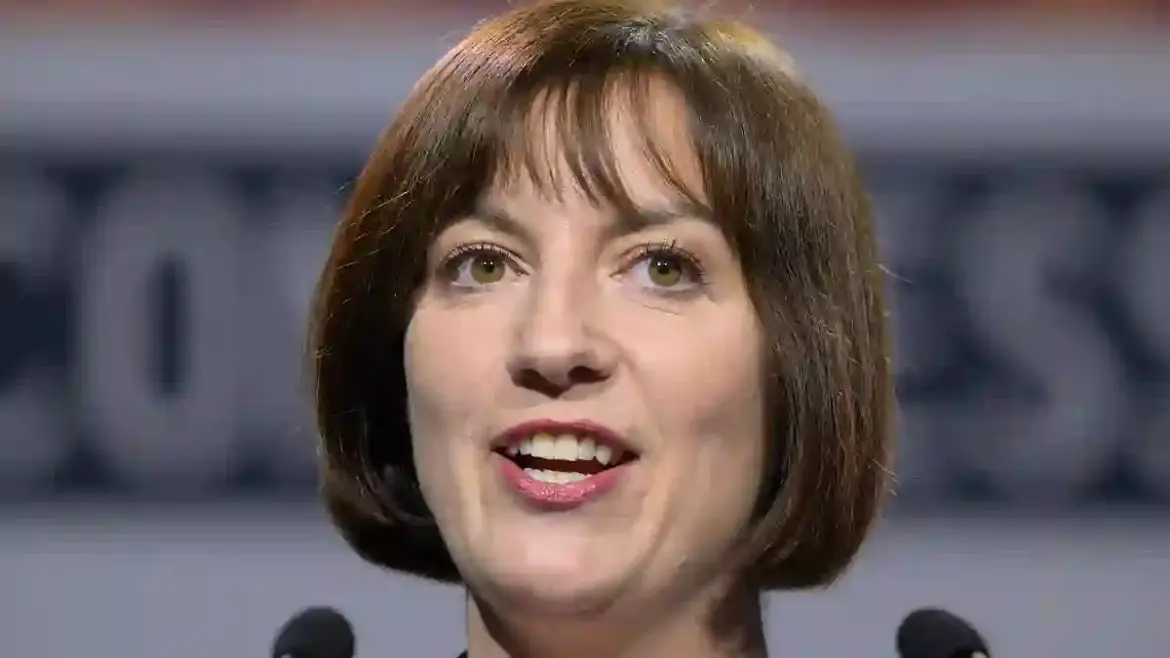A wave of criticism has hit Ofsted after new guidance suggested autistic children might be more susceptible to radicalisation.
Critics are calling the guidance “absurd and dangerous,” arguing that it unfairly targets young people with autism and risks stigmatizing millions of families across the UK.
Controversial Guidance Sparks Backlash
According to Ofsted’s training notes for inspectors, “children and young people with autism are at increased risk of being susceptible to extremism.”
The reasoning? Inspectors claim that autistic children, because they may develop intense special interests and experience social isolation, could turn to the internet to make friends and trust the information they find, potentially drawing them toward extremist content.
The guidance instructs teachers who have concerns to refer students to the government’s anti-radicalisation Prevent programme as quickly as possible.
Comedian and Campaigners Speak Out
Comedian Paul Whitehouse, co-host of the podcast I’m ADHD! No You’re Not, publicly condemned the guidance.
He called on Education Secretary and Labour deputy leadership hopeful Bridget Phillipson to intervene, saying:
“People are incredulous and astonished when they see the extraordinary and false claims made about autistic children and young adults.
It would take very little to simply amend this offensive wording.”
Whitehouse’s wife, education campaigner Mine Conkbayir, added that the guidance is “absurd as it is unfounded” and warned that it is “irrefutably discriminatory.” She urged Ofsted to amend the content before it causes more harm.
Autism and Public Perception
More than 1.4 million children in the UK have been diagnosed with autism.
Former Tory MP Sir Jake Berry, who recently joined Reform, also weighed in, sharing his personal experience as a father of an autistic son:
“To suggest they are more likely to be extremists is not only absurd, it is deeply offensive and discriminatory.
Autistic young people already face significant challenges just to live everyday lives that many take for granted.”
Ofsted Responds
In response to the controversy, an Ofsted spokesperson defended the guidance, stating:
“This is not about ‘labelling’ or ‘targeting’ children for any reason. The guidance is intended to help us better protect children from harm.
Keeping children safe from the threat posed by extremists is always our top priority.”
